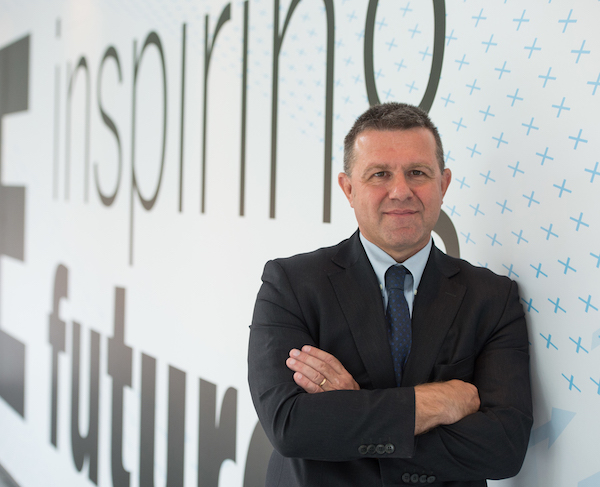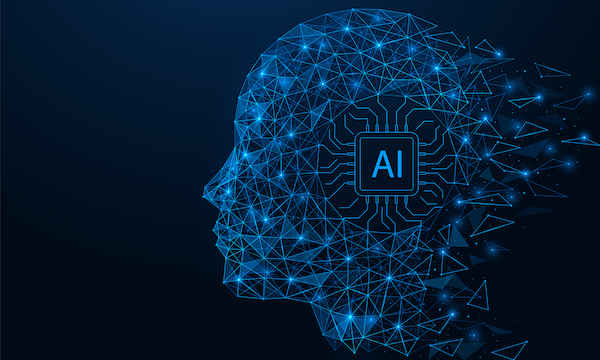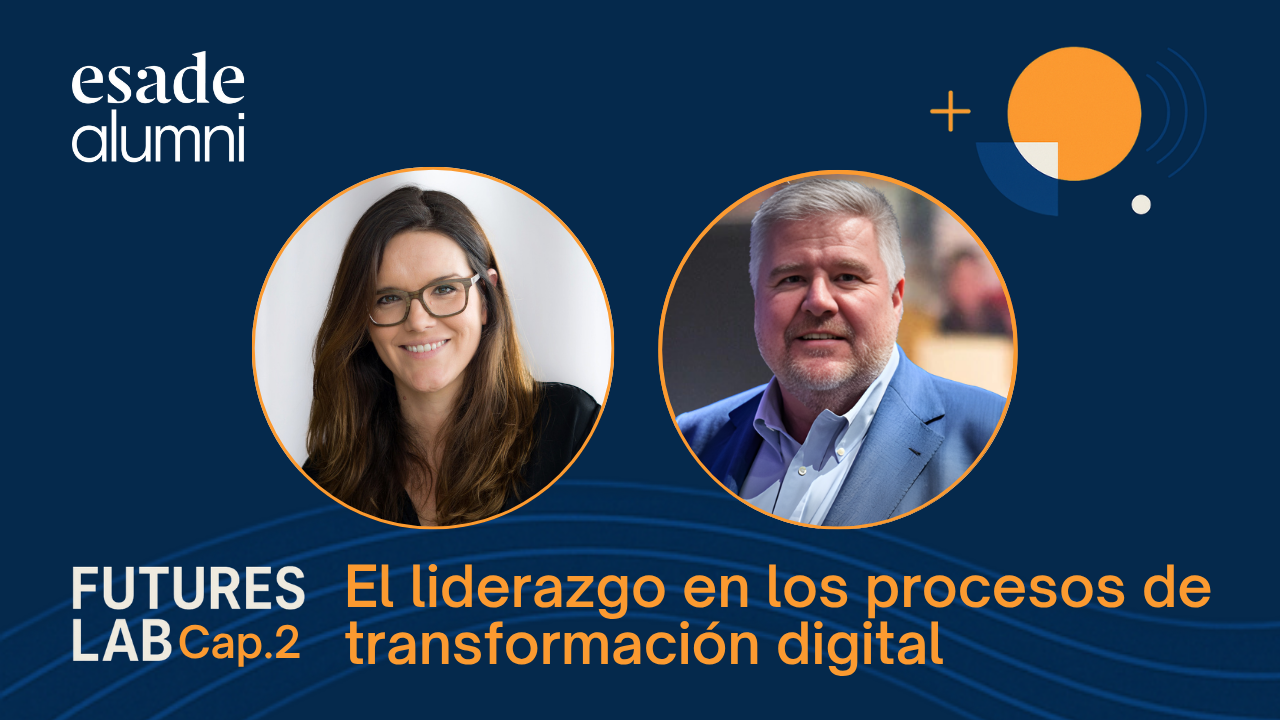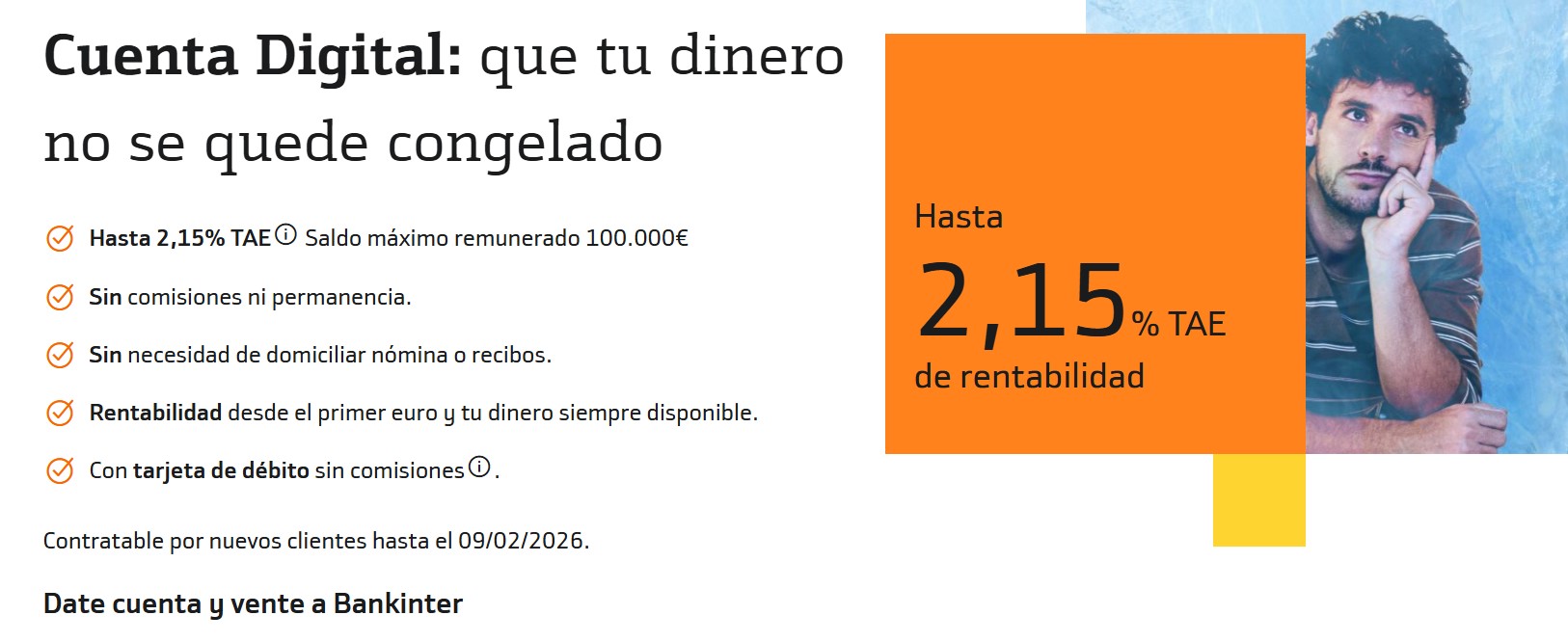Xavier Ferràs (MBA ‘02), full professor in the Department of Operations, Innovation, and Data Sciences at Esade and associate dean of the EMBA, featured in this session, part of the Refresher Program on AI

Moore’s Law is one of the most important laws in the history of digital technology. This law, which was formulated back in 1965 by the scientist and businessman Gordon Moore, predicted that the number of transistors in a microchip would double approximately every two years. “We’re reaching Moore’s wall and can say that the law has been borne out for 75 years. This means that in ten years we may have a Marenostrum in our pockets.” This is how Xavier Ferràs began discussing the most emblematic, powerful supercomputer in Spain. “Some may ignore it, but others will garner the benefits of emerging technologies and explore how the world is changing,” he said. It is a digital revolution that is opening the doors to reimagining the future, an incredible opportunity.
In professor Ferràs’s opinion, what is enabling this leap to the next level in the digital revolution is what experts call the ”black box” of AI, which enables skills to be generated and unexpected responses offered. In fact, these artificial neural networks learn from experience without a digital code programming them.
Ilya Sutskever, Open AI Chief Scientist, said that “AI is comprised of digital brains running in supercomputers,” and ChatGPT currently has 175,000 million nodes; that is, it is a digital brain that captures expert knowledge and generates its own intuition with a response that is not deterministic. “The conclusion is that it has glimmers of overall artificial intelligence (something like the glimmers of human intelligence),” Ferràs said.
What enables this leap to the next level in the digital revolution is what experts call the “black box” if AI, which enables skills to be generated and unexpected responses offered
In 2016, Google AlphaGo’s AI managed to defeat Lee Se-Dol, the world’s best player of Go, a millennia-old game that originated in China, demonstrating a new perspective on reality. “We seeing that AI was openly innovative, with a disruptive, creative, beautiful winning strategy,” Ferràs said, to illustrate its full potential for launching a real scientific revolution. “There have been many scientific achievements since then. We are contemplating a horizon in which AI anticipates solutions for diseases, climate change, new physical laws, unsolved mathematical problems… thus propelling research.”
Regarding the implications in the future job market, Ferràs recalled the quote by Erik Brynjolfss and Andrew Mcaffe from MIT: “Artificial Intelligence won’t replace managers, but managers who use AI will replace managers that don’t.” He further stressed the principle of responsibility: “You may have a team that works independently, but the responsibility will be yours. That is, someone has to be accountable for the decisions, and that someone in our imaginable horizon will always be a human. Responsibility will be the last preserve of human management.”

Geopolitical implications: The end of globalization
But this revolution has geopolitical implications, too, because whoever controls the disruptive technology will control the world. Ferràs believes that globalization is over and that there are factors that point to this, such as the emergence of 5G technology from China and the United States and Trump’s subsequent banning of Huawei, which divided the world into two parts. “The pandemic revealed that we are not autonomous, and the last blow has been the war in Ukraine,” he explained.
All of this has translated into massive investment in R&D to insource technology in countries. The average investment in R&D over GDP around the world has shot up and has now reached 2.71% (it is 1.44% in Spain). This means that the major economies are pouring historical amounts into R&D to promote a powerful stream of technological change. Thus, the world is divided into the countries that generate technology and those that consume it. “Europe is trying to make up for lost time. The goal is to attract tech talent. Fortunately, it has seven of the leading ten economies in innovation. The European model is among the best in the world, but it’s on a small scale. And now is the time to react and take advantage of this golden age for the innovations to come,” he concluded.
The major economies are pouring historical amounts into R&D to promote a powerful stream of technological change. The world is divided into the countries that generate technology and those that consume it
In response to the audience’s questions on how to introduce AI into companies, Ferràs explained that technology is going to become an intrinsic part of management. “A manager has to understand the fundamentals of technology in order to understand their business.” Managers will have to guarantee organizational training and development in order to make the most of the competitive advantages afforded by AI, and a company and its staff cannot be trained overnight. Data strategies will be at the forefront of operations and decision-making, offering immensely better perspectives and predictions. However, for the time being, there is not yet an AI standard for widespread use. Therefore, Ferràs recommends urgent training, but not urgent decision-making. In this sense, he cited Esade’s Bachelor of Business Administration & Bachelor in Artificial Intelligence for Business as a pioneering program in this field.
You can see the full session at the Content Hub


































